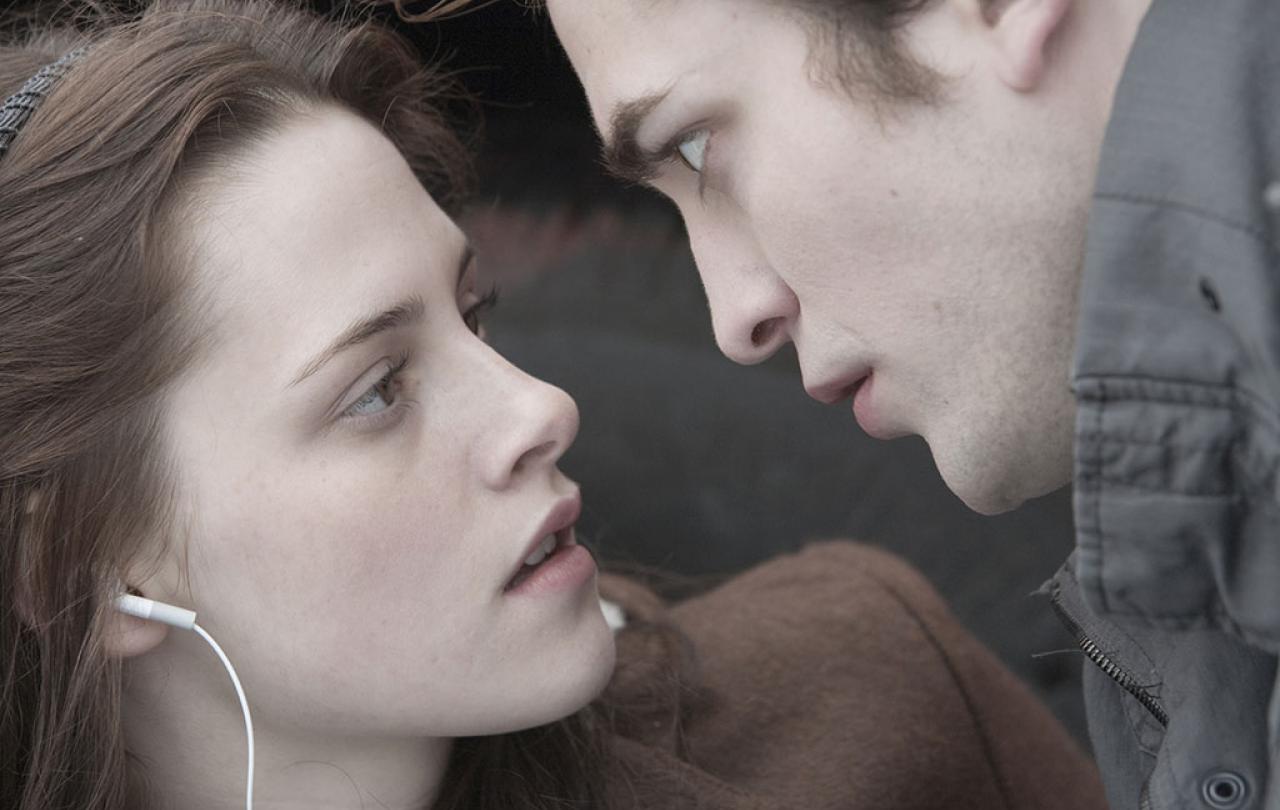Writing from his new book, A Guidebook to Monsters, Ryan Stark delves into humanity’s fascination for all things monsterous. In the second of a two-part series, he asks what and where zombies remind us of, and why they caught the eyes of C.S. Lewis and Salvador Dali
On how Frankenstein’s monster came to life nobody knows for sure, but he is more urbane than zombies tend to be. Nor do Jewish golems and Frosty the Snowman count as zombiecore. The latter sings too much, and both are wrongly formulated. Frosty comes from snow, obviously, and the golems—from mere loam, not what the Renaissance playwrights call “gilded loam,” that is, already pre-assembled bodies, which is a zombie requirement. Tolkien’s orcs function likewise as golem-esque monsters, cast from miry clay and then enlivened by the grim magic of Mordor. We do not, for instance, discover scenes with orc children.
And neither is Pinocchio a zombie, nor Pris from Blade Runner, but dolls, automatons, and C3POs border upon the land of zombies insofar as they all carry a non-human tint. Zombies, however, carry something else as well, a history of personhood, and so in their present form appear as macabre parodies of the human condition writ large. They are gruesome undead doppelgangers, reminding us of who we are not and perhaps—too—of where we are not. Hell is a place prepared for the Devil and his angels, Christ tells us in the book of Matthew. And maybe, subsequently, for zombies.
Kolchak, in an episode of Kolchak: The Night Stalker aptly titled “The Zombie,” correctly discerns the grim scenario at hand: “He, sir, is from Hell itself!”
C.S. Lewis pursues a similar line of thinking in The Problem of Pain: “You will remember that in the parable, the saved go to a place prepared for them, while the damned go to a place never made for men at all. To enter Heaven is to become more human than you ever succeeded in being on earth; to enter Hell is to be banished from humanity. What is cast (or casts itself) into Hell is not a man: it is ‘remains.’” Lewis makes an intriguing point, which has as its crescendo the now-famous line about the doors of Hell: “I willingly believe that the damned are, in one sense, successful, rebels to the end; that the doors of Hell are locked on the inside by zombies.” I added that last part about zombies.






